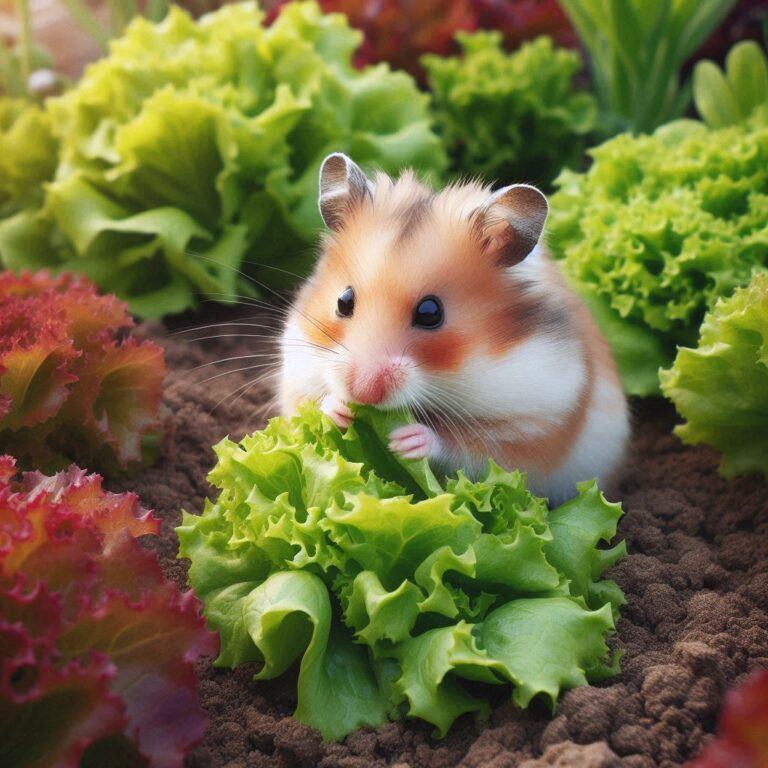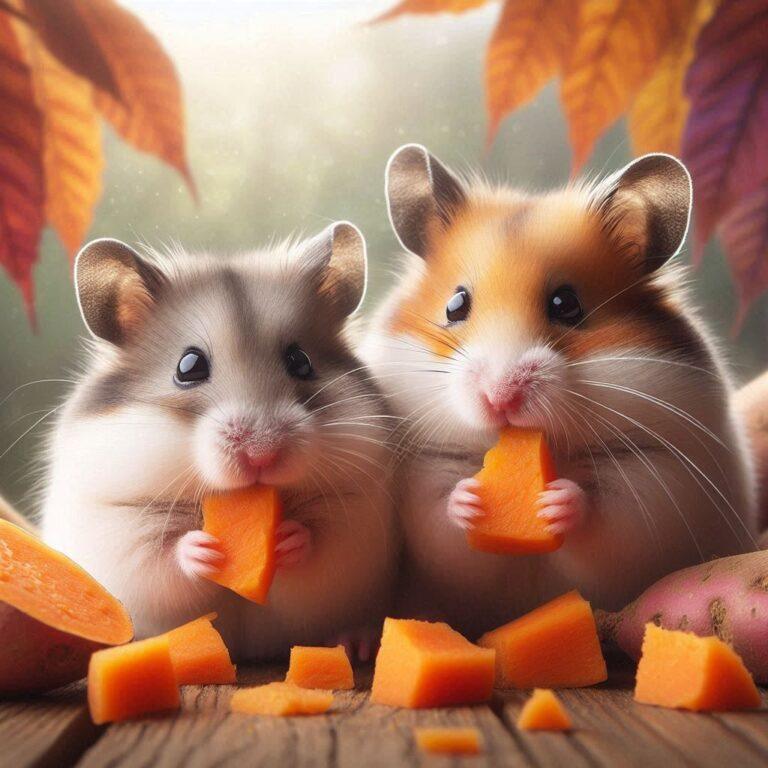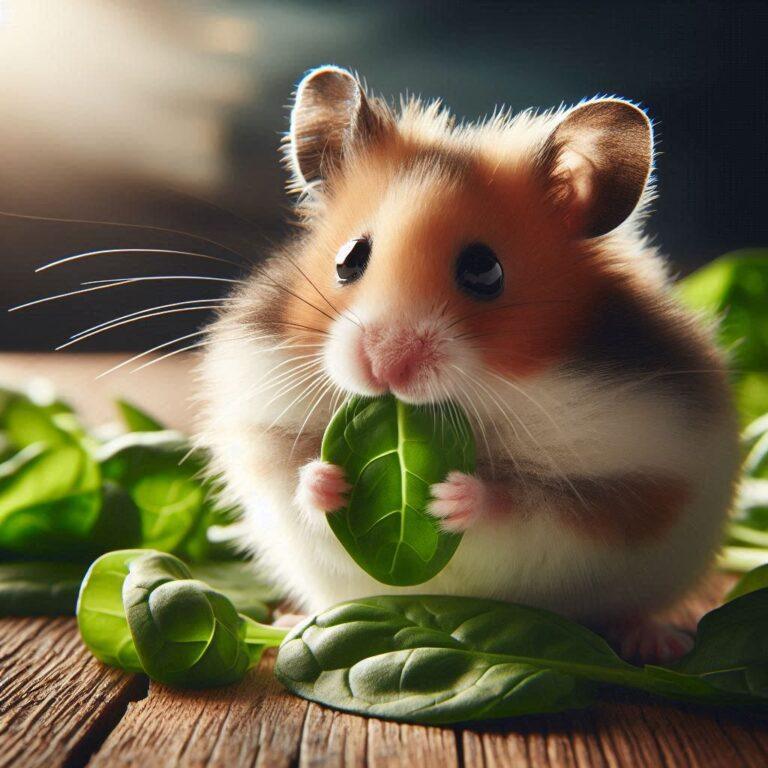Can Hamsters Safely Eat Oranges
I know you’re wondering if hamsters can eat oranges. The straightforward answer is NO, hamsters should not eat oranges. The main reason for this is the high acid content in oranges, which can cause significant digestive upset in our hamsters.
While humans can enjoy oranges as a healthy and refreshing treat, these citrus fruits are not a safe choice for your furry friend.
Oranges also have a high sugar level, which is harmful to hamsters, particularly for species such as the Dwarf, which are prone to diabetes.
Incorporating oranges or any other citrus fruit such as lemons or limes into our hamster’s diet can lead to serious health issues including digestive distress, diarrhea, and even diabetes.
Beyond the immediate risks, the vitamin C in oranges – usually a benefit for humans – is not necessary for hamsters.
These small creatures can produce their own vitamin C, making external sources redundant and potentially harmful.
Understanding Hamster Dietary Needs and Citrus Fruits
Hamsters are unique when it comes to their nutritional needs. Unlike humans, their small bodies and digestive systems require a specific balance of proteins, fiber, vitamins, and minimal sugar.
You might wonder where citrus fruits like oranges fit into this equation. Unfortunately, despite being powerhouses of vitamin C and fiber for humans, citrus fruits can be problematic for hamsters.
Citrus fruits can cause health issues in hamsters. The high acidity and sugar content in oranges, for example, could lead to digestive upset, including diarrhea.
This isn’t just uncomfortable for your furry friend, it can quickly become dangerous due to their size. A hamster’s stomach is delicate, and introducing high-acid foods like oranges can disrupt the careful balance they need to maintain.
Furthermore, the essential oils and compounds found in the peel of oranges can be harmful to hamsters.
These substances, while aromatic and beneficial in other contexts, may irritate a hamster’s sensitive system.
Experts often advise avoiding any citrus fruits as part of a hamster’s diet due to these risks.
Though some owners might report their pets have consumed citrus without immediate ill effects, it’s important to consider the potential for long-term health problems.
Just because a hamster seems fine after eating a piece of orange, this doesn’t mean the fruit is a good addition to their diet.
It is better to err on the side of caution and follow professional guidelines that prioritize our hamster’s health.
Safe Alternatives to Oranges For Hamsters
Alright, so giving oranges to hamsters isn’t the best idea. But don’t worry, there are PLENTY OF OTHER FOODS that you can offer to your furry friend.
Let’s go through some nutritious alternatives that your hamster can enjoy safely.
Vegetables are a great starting point. Foods like cucumbers, spinach, pumpkin and bell peppers not only add variety to our hamster’s diet but are ALSO FULL OF VITAMINS AND MINERALS that contribute to their overall health.
Remember though, moderation is key! Introduce these foods GRADUALLY to prevent digestive upset.
When it comes to fruit, think small and think less acidic. Apples (without seeds), blueberries, and strawberries can be good options in tiny quantities.
This will ensure our hamsters are not overloaded with sugar while getting the benefits of natural fruit.
Seeds and nuts can be a tasty treat, but they’re high in fat, so they should only be an OCCASIONAL SNACK.
Think about it like this; a little goes a long way in providing energy and nutrients, without the risk of weight gain.
My final piece of advice? Monitor how your hamster reacts to new foods and always have fresh water available to them.
This care ensures your hamster’s DIET IS BALANCED and can keep your hamster HAPPY AND HEALTHY for a long time.







